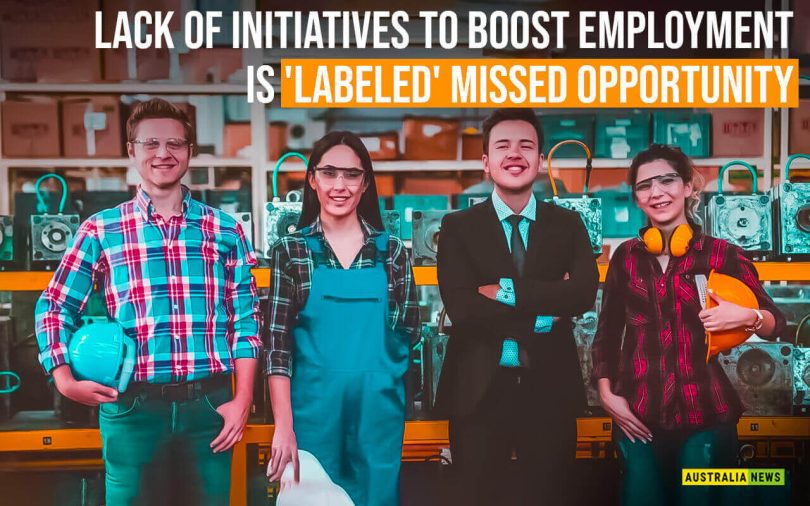On Monday, the Albanesian government unveiled a comprehensive white paper that included new initiatives to help workers acquire the skills needed for occupations of the future as well as strategies to remove obstacles that prevent people from finding employment.
A new notion of full employment—a decent, safe job for everyone who wants one without having to seek for one for very long—is at the heart of this vision for the future of the labor force.
The coalition was in favor of high employment rates, but shadow treasurer Angus Taylor stated he did not want inflation to soar as a result.
“The government should be focusing on bringing down the level of unemployment where we get low inflation … making sure we’ve got policies that give us the combination of low inflation and low unemployment,” he said in an interview with ABC Radio on Tuesday.
“This is a missed opportunity, this white paper because what the government could have done is said, ‘Look, we are going to do everything we can to create the more flexible workplaces to knock down the roadblocks to work for employers and employees.”
According to Mr. Taylor, the government might have taken additional measures to address the NAIRU, or non-accelerating inflation rate of unemployment, inside the white paper.
“It’s a really crucial issue; this one, you can bring (NAIRU) down over time,” he stated.
“Bringing down the so-called NAIRU (is) the whole point of it … that is the missed opportunity of this white paper.”
Although it desires more clarification, the Australian Council of Social Service applauds the white paper’s aspirations.
“Without clear targets for unemployment and underemployment, the aspiration of full employment will struggle to become a reality,” its CEO, Cassandra Goldie, revealed.
She argued that the government should stop providing income support payments while claiming that a commitment to eradicating poverty was missing.
“Poverty-level income supports are a serious barrier to employment, not the income tests which the government has committed to ease,” she stated.
Business groups were generally in favor of the jobs plan, although they claimed that upcoming changes to workplace dynamics would jeopardize the goal.
The labor hire industry, gig economy, and casual employment are all affected by a set of reforms the federal government has started.
Bran Black, chief executive of the Business Council, warned that the revisions run the risk of setting back technological transformation by preserving outdated business models and methods of operation.
“It runs the risk of doing this when economies that are more dynamic than ours are doing exactly the opposite,” he stated.
Australian unions praised the research for highlighting the detrimental effects of precarious employment and the need for labor changes.
“The rapid emergence of new, insecure forms of work needs intervention to stop living standards sliding backward,” ACTU president Michele O’Neil said.
“We welcome the government’s commitment to full employment and the critical importance of jobs being safe, secure, and well paid.”
- Published By Team Australia News








